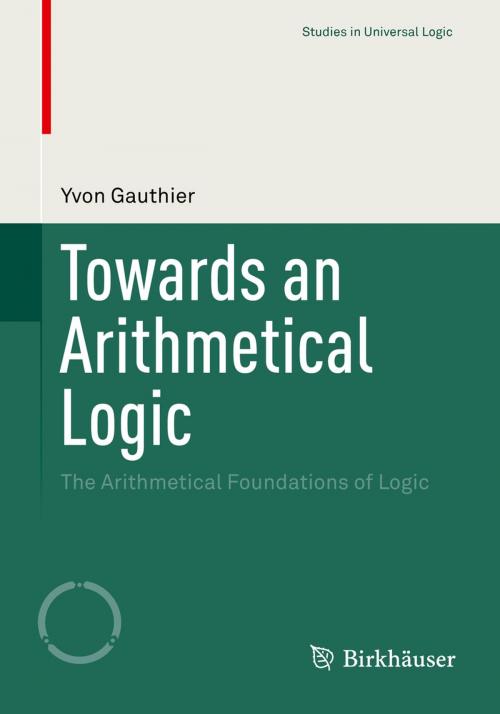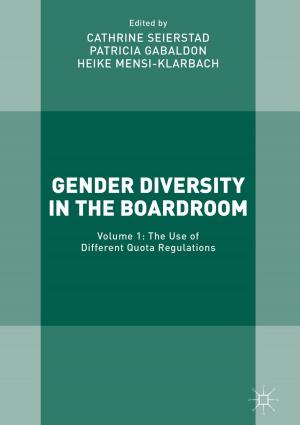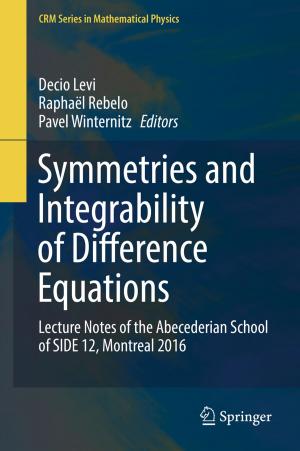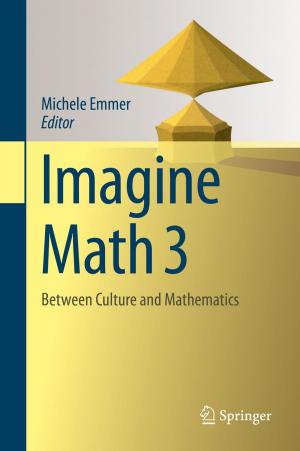Towards an Arithmetical Logic
The Arithmetical Foundations of Logic
Nonfiction, Science & Nature, Mathematics, Logic, History| Author: | Yvon Gauthier | ISBN: | 9783319220871 |
| Publisher: | Springer International Publishing | Publication: | September 24, 2015 |
| Imprint: | Birkhäuser | Language: | English |
| Author: | Yvon Gauthier |
| ISBN: | 9783319220871 |
| Publisher: | Springer International Publishing |
| Publication: | September 24, 2015 |
| Imprint: | Birkhäuser |
| Language: | English |
This book offers an original contribution to the foundations of logic and mathematics and focuses on the internal logic of mathematical theories, from arithmetic or number theory to algebraic geometry. Arithmetical logic is the term used to refer to the internal logic of classical arithmetic, here called Fermat-Kronecker arithmetic and combines Fermat’s method of infinite descent with Kronecker’s general arithmetic of homogeneous polynomials. The book also includes a treatment of theories in physics and mathematical physics to underscore the role of arithmetic from a constructivist viewpoint. The scope of the work intertwines historical, mathematical, logical and philosophical dimensions in a unified critical perspective; as such, it will appeal to a broad readership from mathematicians to logicians, to philosophers interested in foundational questions. Researchers and graduate students in the fields of philosophy and mathematics will benefit from the author’s critical approach to the foundations of logic and mathematics.
This book offers an original contribution to the foundations of logic and mathematics and focuses on the internal logic of mathematical theories, from arithmetic or number theory to algebraic geometry. Arithmetical logic is the term used to refer to the internal logic of classical arithmetic, here called Fermat-Kronecker arithmetic and combines Fermat’s method of infinite descent with Kronecker’s general arithmetic of homogeneous polynomials. The book also includes a treatment of theories in physics and mathematical physics to underscore the role of arithmetic from a constructivist viewpoint. The scope of the work intertwines historical, mathematical, logical and philosophical dimensions in a unified critical perspective; as such, it will appeal to a broad readership from mathematicians to logicians, to philosophers interested in foundational questions. Researchers and graduate students in the fields of philosophy and mathematics will benefit from the author’s critical approach to the foundations of logic and mathematics.















